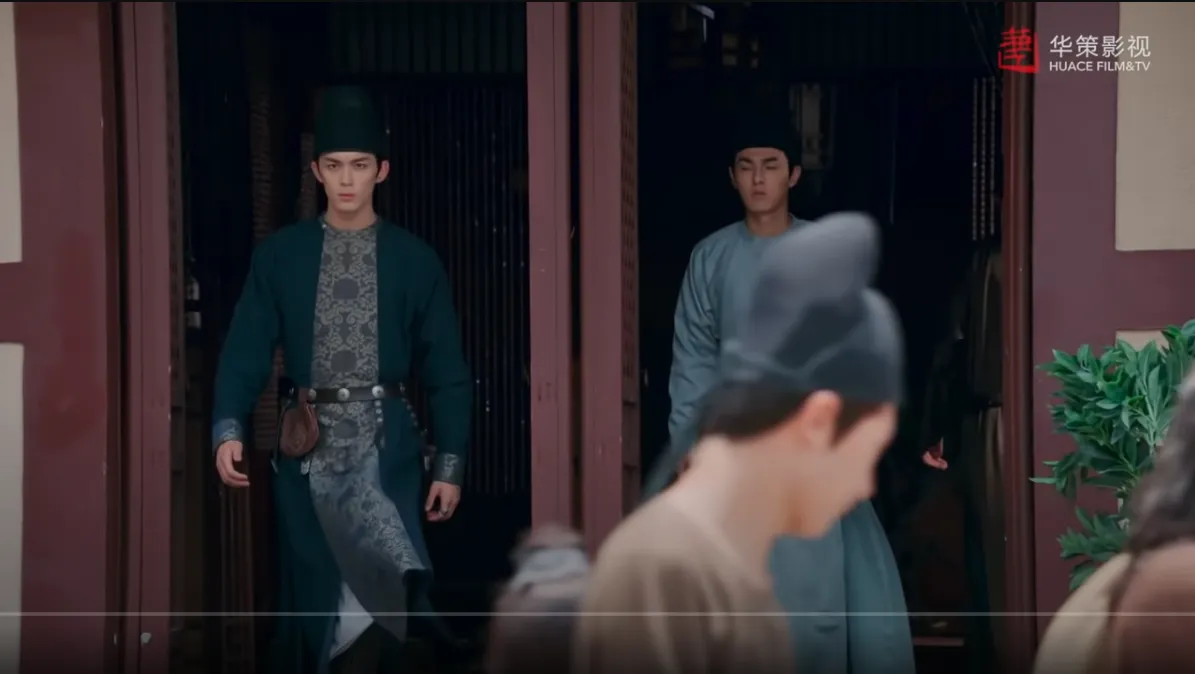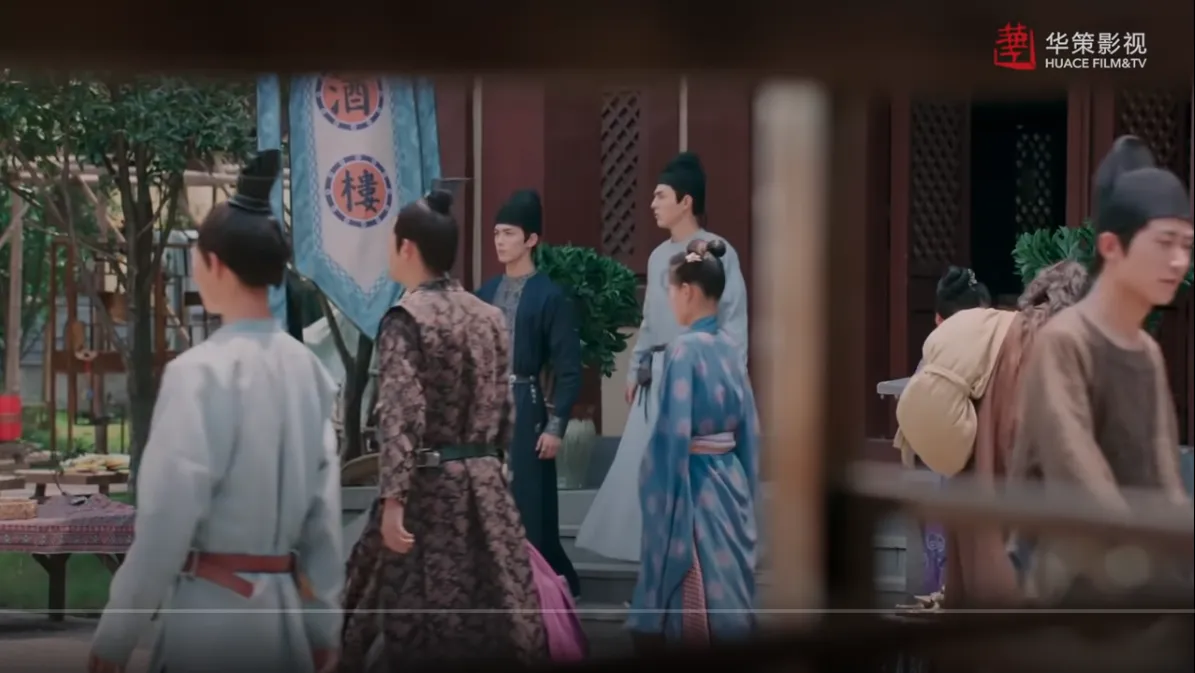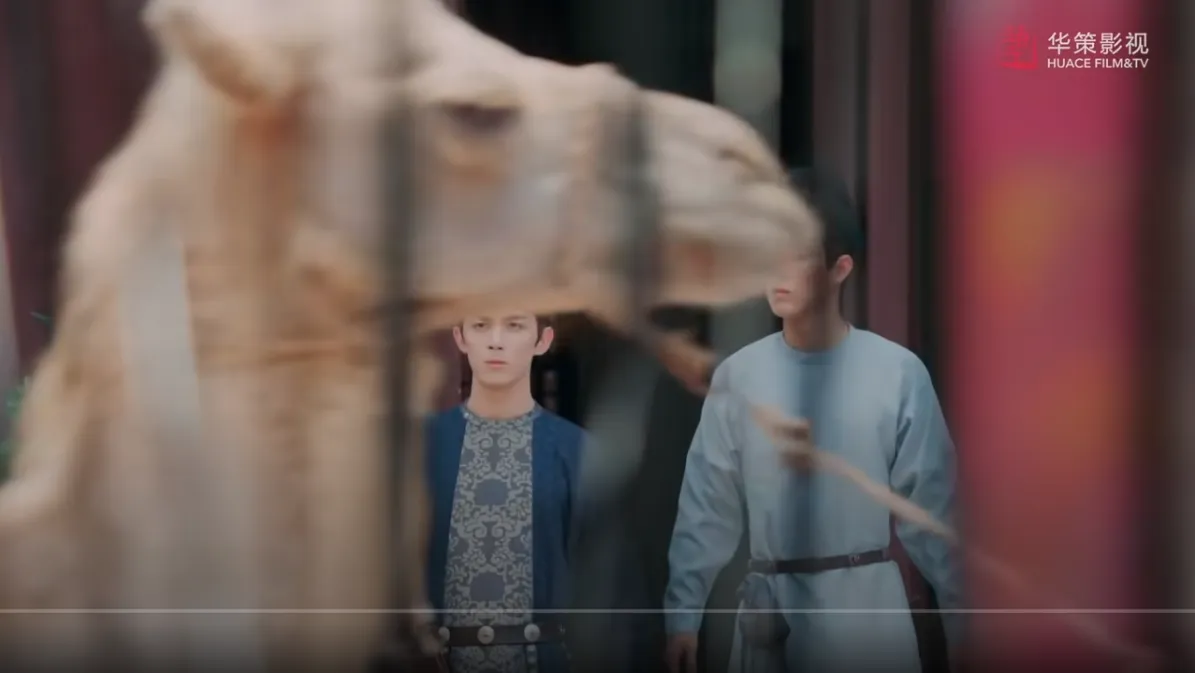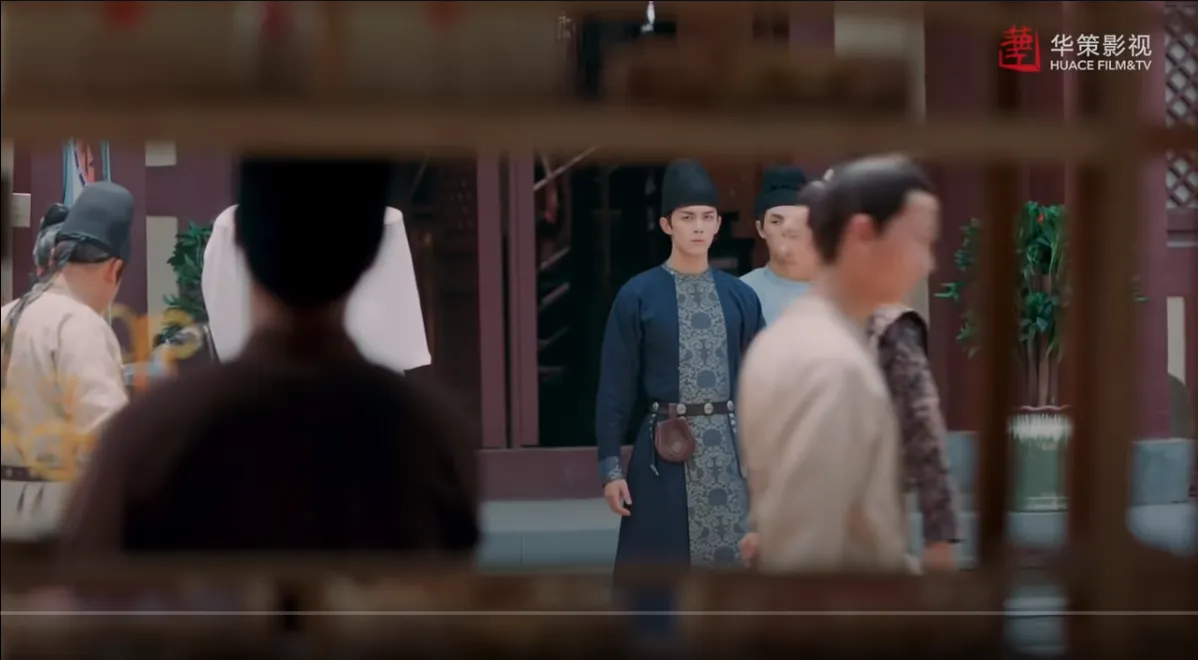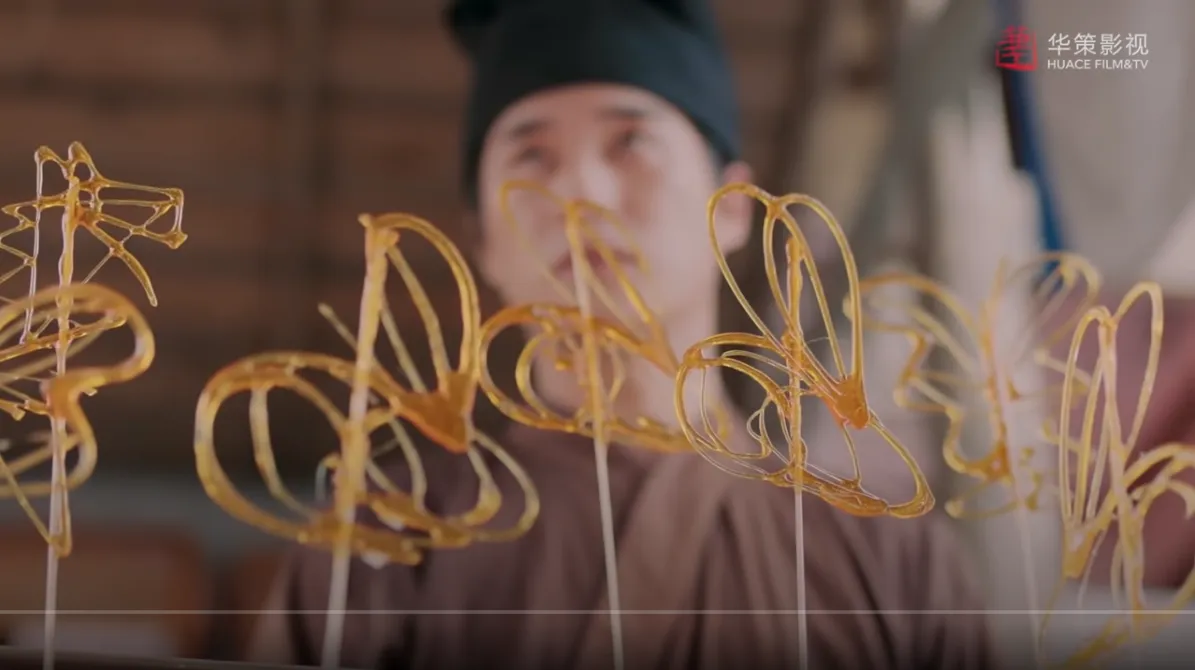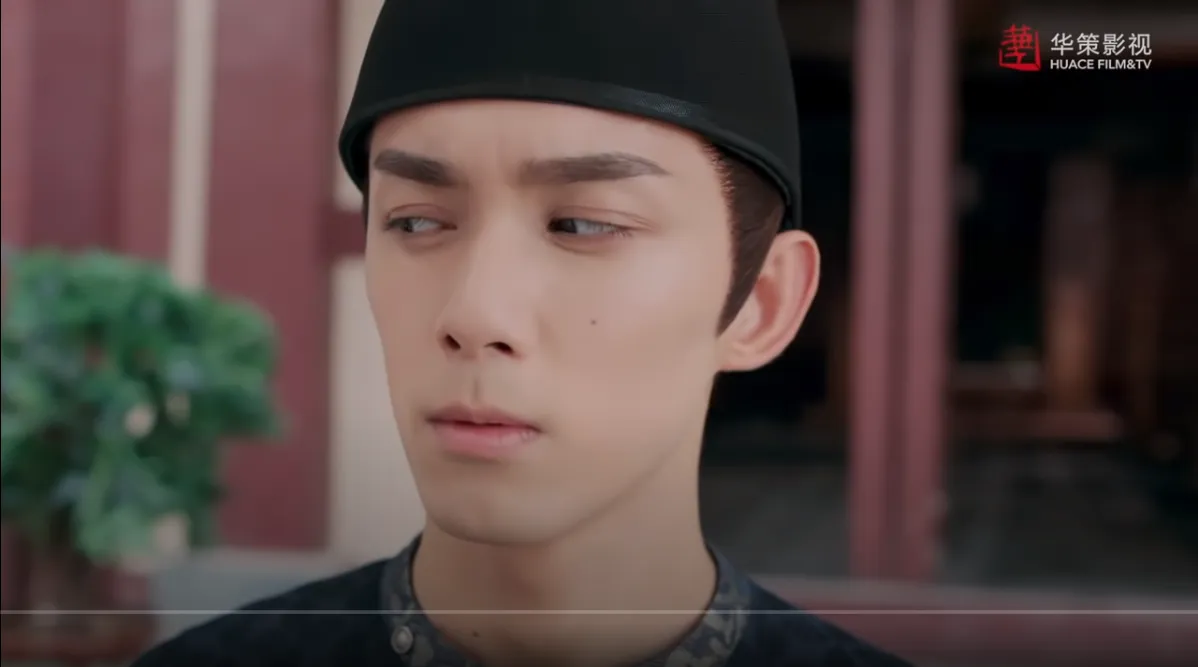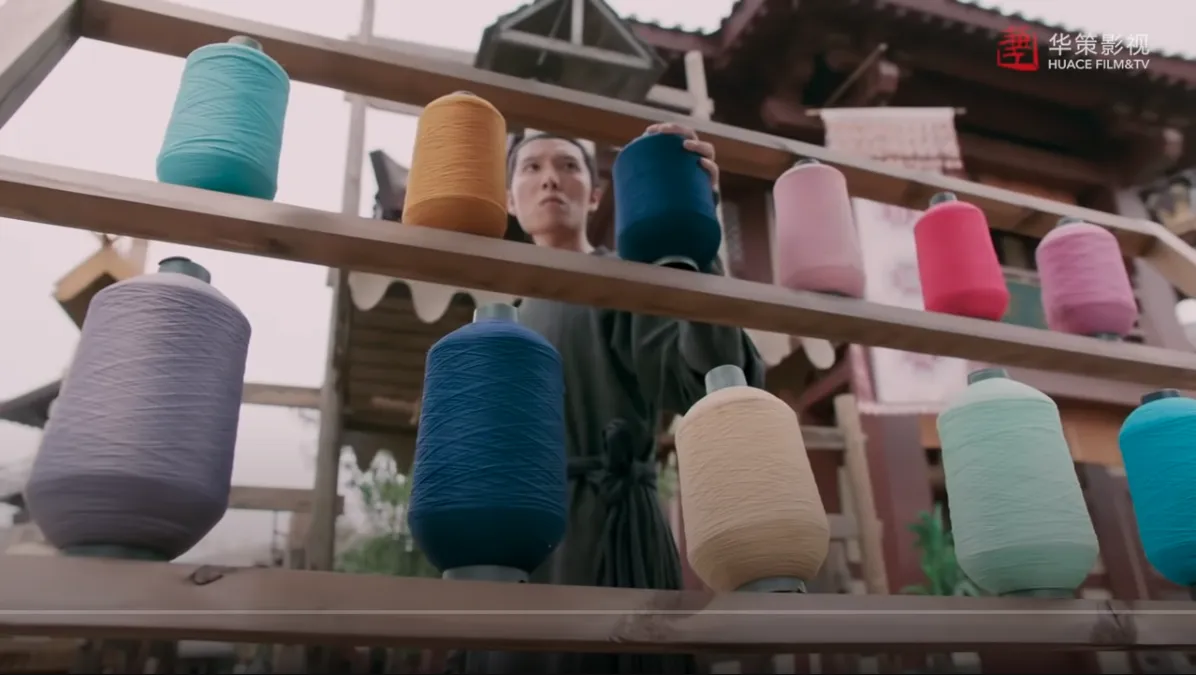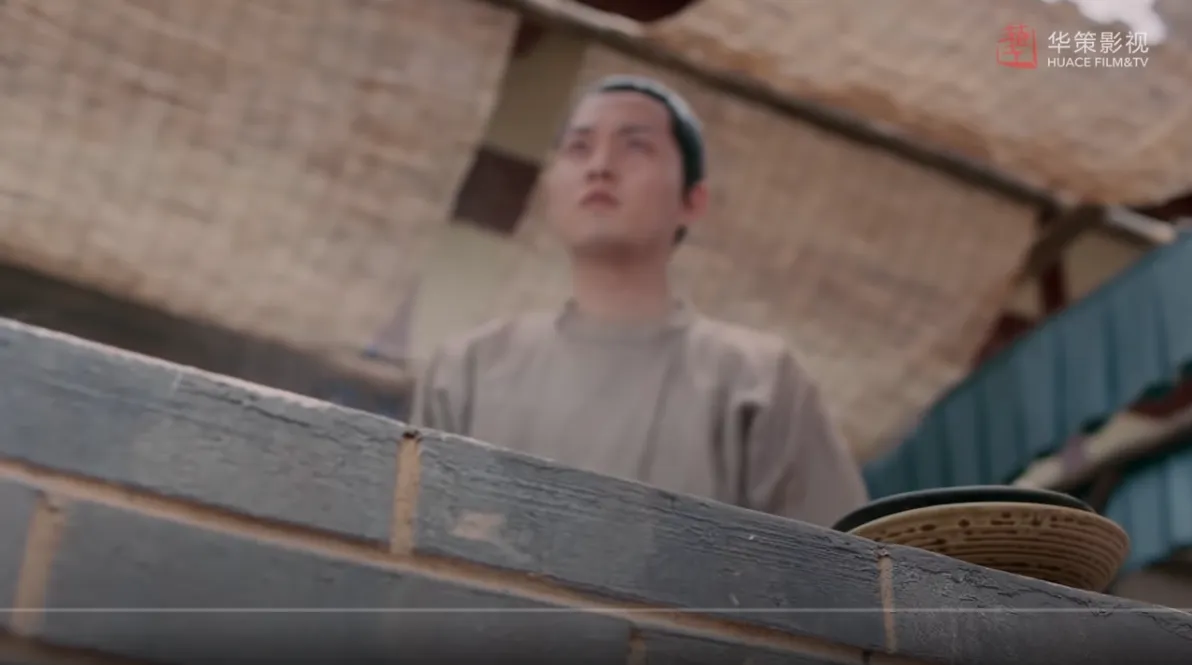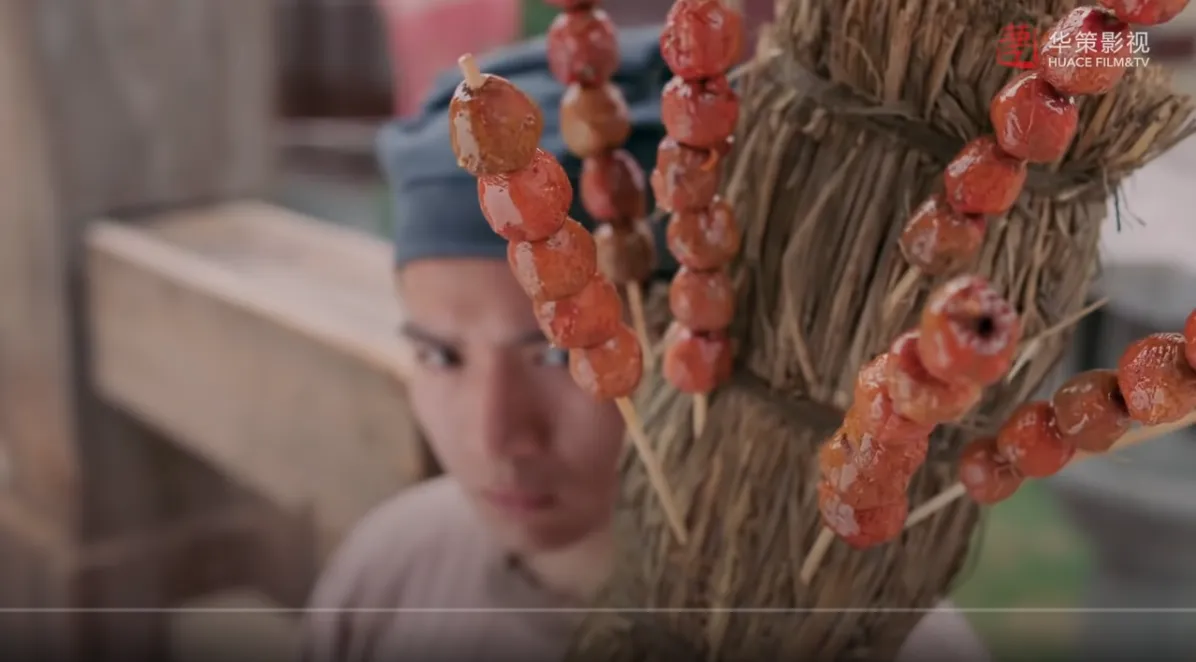Originally published on Cohost. It got a lot less attention than I had hoped for given the amount of time I put into it, and looking back on it yeah I can kinda see why.
A while back, I swapped manga recommendations with a friend, which led to me reading Song Of The Long March. My friend has good taste, so naturally it was really really good. More recently, while thinking of things to do on a lazy weekend, we stumbled across The Long Ballad, a live-action adaptation of the manga, available for free on YouTube, and decided to give it a watch. It was not very good at all. Bad, even.
In this essay, I'll try to explain why I think the manga is so much better than the show. Strap yourself in, it's gonna be a long one. Spoilers ahead.
First Episodes
I believe that, from just seeing the first episode/chapter of a piece of media, one can generally sense the upper bound of quality it's likely to achieve. The first episode is where authors should be pulling out all the stops, grabbing your attention with their juciest hooks, setting the scene for what you should expect going forward. So, what do these first episodes look like?
Song Of The Long March
Princess Li Chang Ge throws off her pursuers by commandeering the horse pulling her carriage, galloping full-tilt toward a cliff edge, stabbing it to make it jump, and then jumping off the horse mid-air to gracefully make an otherwise impossible leap, successfully escaping. Title card.1
Her pursuers return to the capitol in low spirits, the sole failures of the new dynasty's attempt to squash out the old royal family, but are covered up for by a crafty retainer who is sympathetic to the princess, thinking she's powerless and safe to let go with her life intact.
Meanwhile, Li Chang Ge disguises herself as a traveling boy, exchanges most of her jewelry she had on her for funds, swiftly dispatches some highway robbers who try to take said funds, and then tricks some guards into eating poisoned dim-sim, all so she can visit the grave of her mother.
There, she meets her mentor, who has also helped cover up her continued survival, and who predicted she would arrive at this gravesite. They trade words over what she'll do next, and she swears to enact her revenge on the current emperor who's killed her family:
Chapter ends.
So yeah. She's hardcore, she's a girlboss, she's intelligent & coolheaded when she needs to be, and she's traumatized. Overall, a really interesting character that you can't help wonder what she'll do next.
The Long Ballad
Li Chang Ge is fleeing her pursuers on horseback, galloping onto a rope bridge when the boards snap out from underneath her, sending her plunging into the raging river below.
huh. that's different...
Cut to some indeterminate amount of time in the past, and Li Chang Ge berates a guard for almost trampling over some dude. No one is in the right here2.
Next, Li Chang Ge goes to see her mother, whom she has a loving and intimate relationship with3, and they talk about some marriage contract thingy.
After that, Li Chang Ge goes to hang out with her cousin, and they exchange lucky charms and talk about the cousin's crush. They also witness a (secret?) execution (by accident?), which does not have much impact other than to cause the cousin to lose her charm thingy on the way to the soccer game the crush is playing in.
At the soccer game, the crush gets hurt, and Li Chang Ge sneakily steals his uniform while he's in the sick bay, walks onto the field wearing a batman-style mask, and rallies the team to win the match with a critical tie-breaking final point. The other team might have won if their leader (whom the audience knows is an important person because they have an hawk screech sound effect every time he appears on screen) didn't get out of position to save a child on the sidelines from a ball speeding out-of-bounds.
As a reward for being MVP in the soccer game, she gets a cool dagger as a prize, which she then gives to her mentor as thanks for teaching her all these years. They then do a mock fight with the extremely dangerous unsheathed dagger.
The episode ends.
????? No seriously, what the heck was any of that??
Analysis
As you can see, those were very different first episodes. The TV show completely invents an entire storyline, that, in my view, does a much worse job of introducing the main character. The first chapter of the manga is focused & punchy, quickly getting the ball rolling and setting out all the who, what, where, when, why, & how. The TV show's first episode is unfocused & plodding, overall disjointed with how it presents the characters and sets up the story.
To be fair to TV show, there may be lots of symbolism more familiar to Chinese audiences that I'm failing to pick up on. But also, the source material was right there!! Why did it deviate so much?? I have a couple hypotheses for why the producers would have done this, neither of them charitable:
- They needed to pad the runtime for their planned 49 episode run, each 40min long
- They didn't want to lead with such dark themes because that's what expected in their target audience of drama-watchers.
Overall, not a great impression. But it wasn't just the plot that turned me off; there are more surface-level problems too.
Aesthetics
It's a bit unfair to compare to compare the manga and the show directly, since they're different forms of media, but I do think comparisons within each medium is warranted.
Song Of The Long March
As you can see from the panels shown previously, this manga is just absolutely gorgeous. The linework, shading, composition, paneling4, scenery, character design, portraits, you name it, it's spectacular. Probably the thing I would guess hooks most readers, who are then also captivated enough by the story that they can't put it down. The art also helped get me through the rare slow parts, being able to appreciate every panel.
The Long Ballad
By comparison, the direction here is extremely mediocre. Looks exactly like what you'd expect a mid-budget drama to look like. As you can see from the screenshots, the costumes are ok, the scenery is ok, the composition is ok, everything is just barely passable and inoffensive enough to not stand out. Good for a show you just want to make money off of, not good enough for a Piece Of Art like the manga was.
I should mention, and this is one of the reasons I wanted to write this piece, the editing is very strange. Which is the least offensive way I can put it. The only way I can truly explain it is by showing off a shot-by-shot breakdown of the very second scene, which had me crying laughing by the time it was over. Not because the scene itself was supposed to be funny, but because the editing was just that bad.
Ok so: here we go:
Establishing shot of some city. Cool.
Slow pan and rotate around from behind this dude to frame his face looking out the window, as ominous music plays.
We see the room he's staying in and the attendant behind him, and they're both POSTED UP.
Cut to a different angle from outside the balcony, framing both him and his attendant. These screenshots don't do it justice since it's static, but neither of them move an inch as they speak. It's frankly incredible to witness.
Quick cut to an angle just above his brow to highlight the end of his sentence. Take note that it's close-up with low depth-of-field. They love this shot.
Cut to the same static shot of the room as before to see them walk out the left side, as stiffly as possible, with an ominous flute playing to punctuate their exit.
Cut to a straight-on shot of them exiting the building, STILL POSTED UP, when suddenly a slow-motion effect hits. But not like, that slow, maybe 3/4 of real-time speed?
Quick fade transition (???) into another angle of them exiting the building, framed between some wood slats, still in slow-motion
CUT BACK TO THE FIRST ANGLE of them exiting AND THEY'RE STILL IN SLOW-MOTION.
You have to be kidding me. there is. another angle of them exiting. but from their right this time. Also framed between (different) wood slats. Also the dude is looking directly at the camera now.
Ah ok it was for the cut to this candy seller, who then nods, presumably at the dude he's making eye contact with. The candy seller is out-of-focus the entire shot, only the low-angle close-up of the candy is in focus.
Quick cut back to this guy. And his eyes jerkily move further to his right, and...
Cut to this guy selling colored thread, also presumably looking at the dude. Still low-angle with only the thread in focus. There's a whoosh sound effect and some speedup/slowdown and some inserted black frames to create a flashing effect for extra drama.
Back to the dude looking around, and then...
Now it's a guy selling plates, there's more whooshing and flashing and slow downs, and he's still out-of focus with only the close-up low-angle plates in-focus.
You know the drill. Whoosh cut back to the guy, whoosh cut to...
A guy selling food on sticks. This time from above! with the food in-focus and the guy out-of-focus. ok so clearly the out-of-focus and speed changes were a stylistic choice here. I am not sure why they felt the need to do this four times in a row, but apparently they thought it was important to note there were four street vendors looking directly at this dude as soon as he exits the building. Good to know.
There are many more rapid-fire cuts in this scene of the dude and his attendant walking to different booths, but at this point I had already lost it and needed to pause.
I hope the breakdown of this minute-long clip gives you a sense of what the directing/editing is like for the entire remaining 40 minutes: sloppy, over-dramatic, with musical cues constantly telling you what you should be feeling at any given moment. It's sort of like a toned-down version of Most dramatic scene ever, but still not pleasant to watch unless one is used to it.
Last thing: you may have also noticed I didn't bring up this scene in the plot summary earlier. That wasn't just because the episode was too long, that's because this scene is nothing: it doesn't matter, nothing shown here pays off in any way during the rest of the episode, it's pure filler. When so much of the first episode is like this, it was just too exhausting for me to want to continue.
Themes
It's also not quite fair to compare the overall themes for these, because I've read all of Song Of The Long March and have a complete understanding of what it's about, whereas I only get hints at themes from The Long Ballad, and who knows maybe it gets better! Still, even from the first episode I can opine about what I think it wants to do, so opine I shall.
Song Of The Long March
What's interesting to me is there's quite a strong gender theme in this manga. Li Chang Ge not only disguises herself as a boy and actively goes out of her way to be thought of as a boy, but even laments how she felt more at home in the palace learning about military strategy with the men (but could never be accepted fully due to her gender), and spent all her time there instead of learning how to be a proper princess (because the only female role-model in her life, her mother, shunned her from birth5).
It's not a trans-gender reading, though, since:
- She never expresses a desire to be the other gender, only really pushing against the rigid social hierarchy and doing what she must to achieve her goals. To the extent she enjoys being treated like just another boy, that's mostly her enjoying being freed from the social stigma of living as a girl under patriarchy.
- Once she comes into contact with strong female role models, like the captured Uighur who looks like her mom and teaches her about period cramps, or the temple priestess who's not-so-secretly running an underground trading business, or her long-lost grandmother, does she discover how to be comfortable in her own skin and reveal her secret to more people.
It could be said this sort of theme is common among coming-of-age stories, just most focus on boys doing boy things. Yet, I think this story is more than just "girl doing girl things", and the topic is treated in a pleasingly thoughtful way. It's very gender, the process of self-discovery as explored throughout the series, and it resonated with me.
Other themes the manga focuses on are the realities of war, figuring out what your aspirations are, how to live with repeated trauma, and the importance of family, both blood & found. All in all, great stuff, handled pretty well I'd say, nice deep themes that really engross you in all the characters' lives.
The Long Ballad
Again, I only watched the first episode so can't comment on the themes of the work as a whole, but from that first episode it seems this adaptation is not nearly as interested as exploring the themes I listed previously. Instead, it seems to be more about forbidden romance, the theatrics of war, and castle politics. Which, sure! Those are themes you can have. And yet, those themes are still executed more poorly than in Song Of The Long March. Combined with the jarring aesthetics, I saw no reason to continue and dropped it at the first episode.
Conclusion
I hope it's now clear why I prefer the original manga over the TV adaptation. I also hope you had fun reading this, and are maybe even convinced to give the manga a shot yourself. It's fairly short all things considered, only 61 chapters, and I do highly recommend it.
Potentially not as highly as my favorite manga like Goodbye, Eri or Kagurabachi, which are all things you should read immediately, but I'll write about those more some other time maybe.
Footnotes
-
I hope y'all appreciate all the alt text and title text I put on these images :3 ↩
-
dude should have moved out of the way sooner, guard had no reason to be going on his horse that fast, Li Chang Ge doesn't need to be this harsh ↩
-
I point this out now because it's very much not the case in the manga, as I'll point out later5 ↩
-
as a brief aside, I will take a moment to complain about the translation quality. The first couple chapters are pretty rough until they get a new translation team who actually knows what they're doing, and it almost made me stop wanting to read. Even at its best, their are strange flows where the paneling and the translation don't exactly line up, probably due to differences in each language's sentence structure. Really goes to show how hard a problem translation is, and how much I've been taking for granted all the high-quality official translations there are these days. ↩
-
Hey! It's later! Yes, this does mean there's an integral aspect of Li Chang Ge's character the show simply cannot reproduce, and whatever it tries to do will be much worse. But I'm sure you've already figured that out by now :) ↩ ↩2
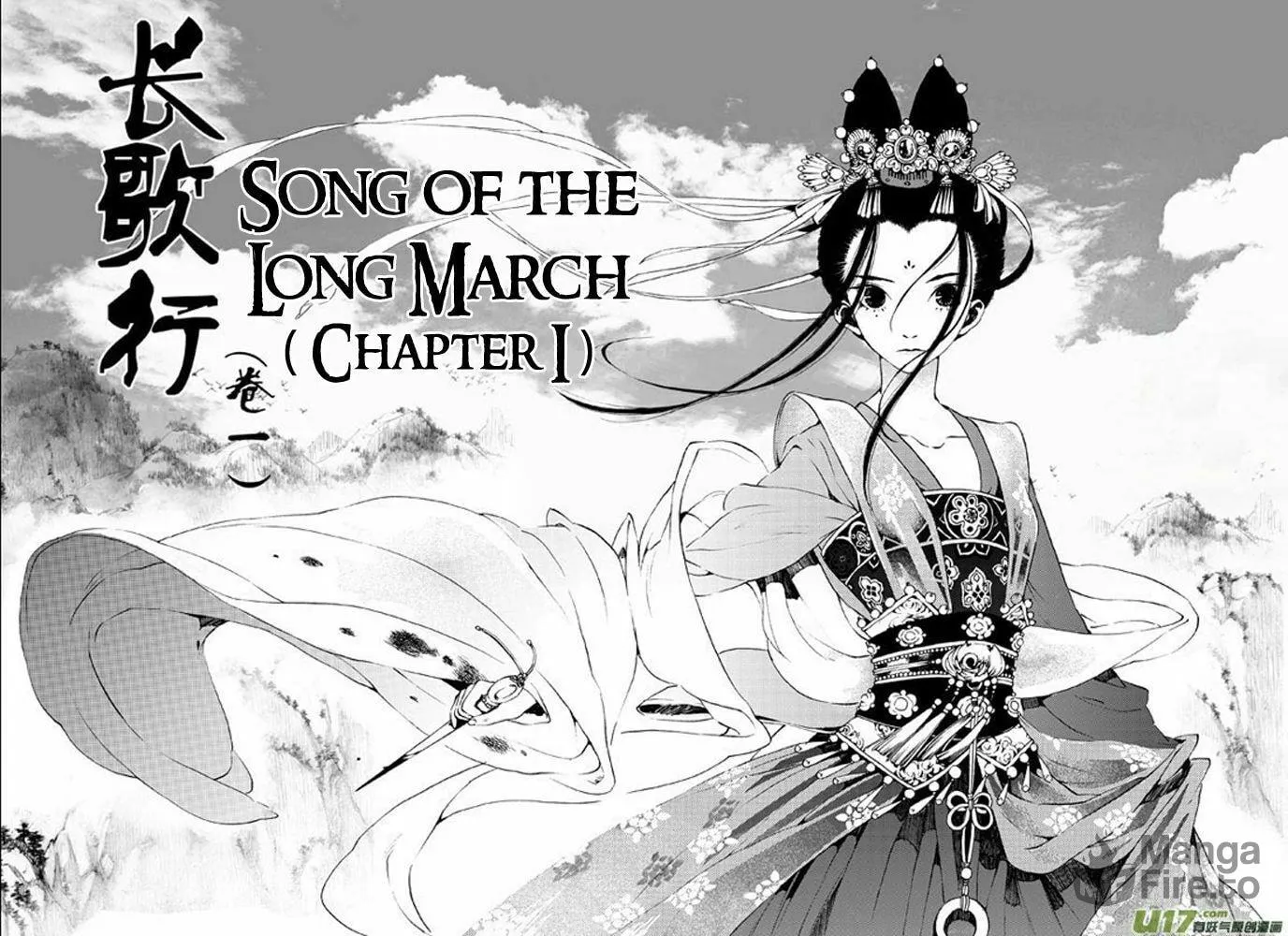
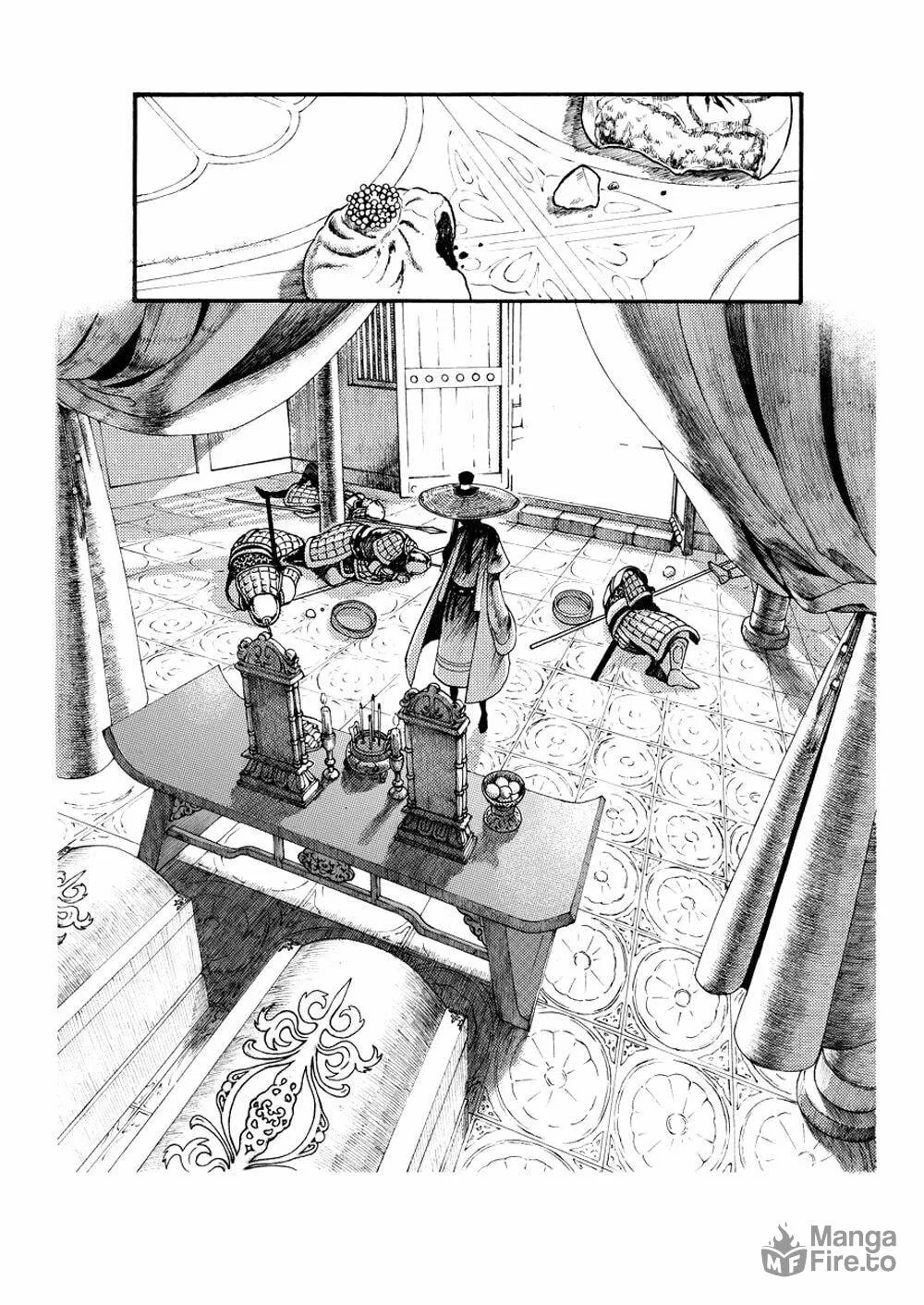
![hm! not quite mentally stable atm but we stan regardless [Li Chang Ge, looking crazed and manic, snapping a hairpin with her bare hands]: Till the bitter end](/_astro/Pasted%20image%2020240420224512_Z1bzFn6.webp)
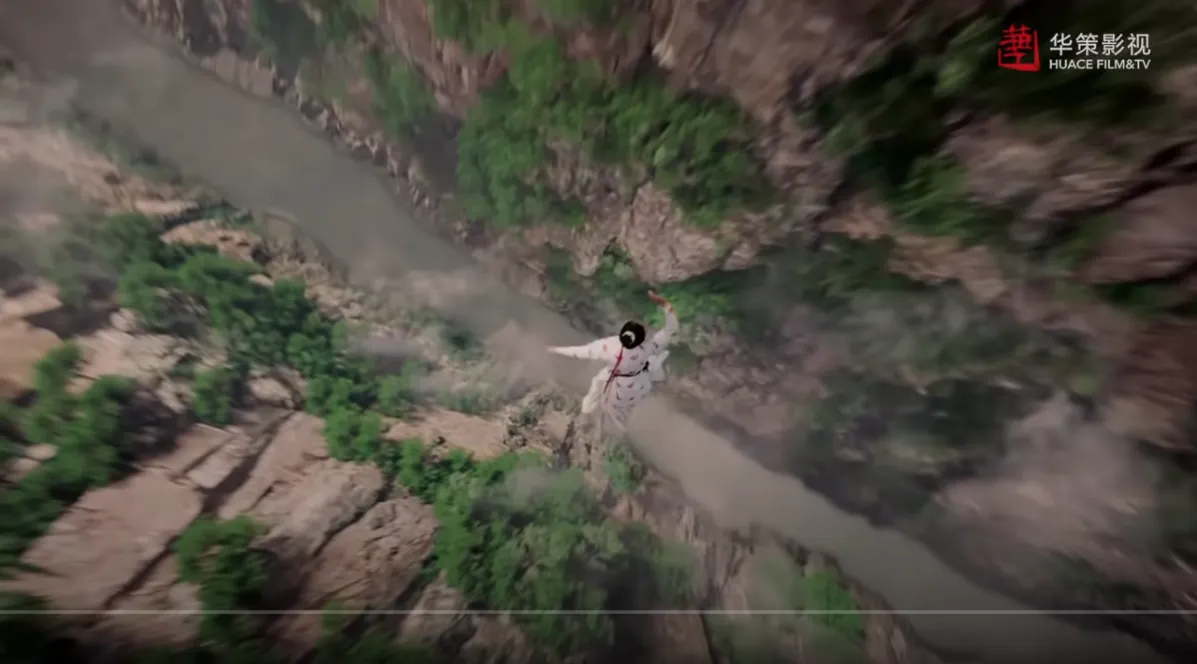
![cmon girl you attracted a crowd, they're all looking at u [Li Chang Ge]: Is that how the guard in Mansion of Crown Prince behave?](/_astro/Pasted%20image%2020240420230307_S5y2o.webp)
![aww so sweet [Li Chang Ge]: You're so sweet](/_astro/Pasted%20image%2020240420230543_1NGhT7.webp)
![just some normal girls, doing normal girl things [Cousin]: This is the amulet](/_astro/Pasted%20image%2020240420230818_1WFhFd.webp)
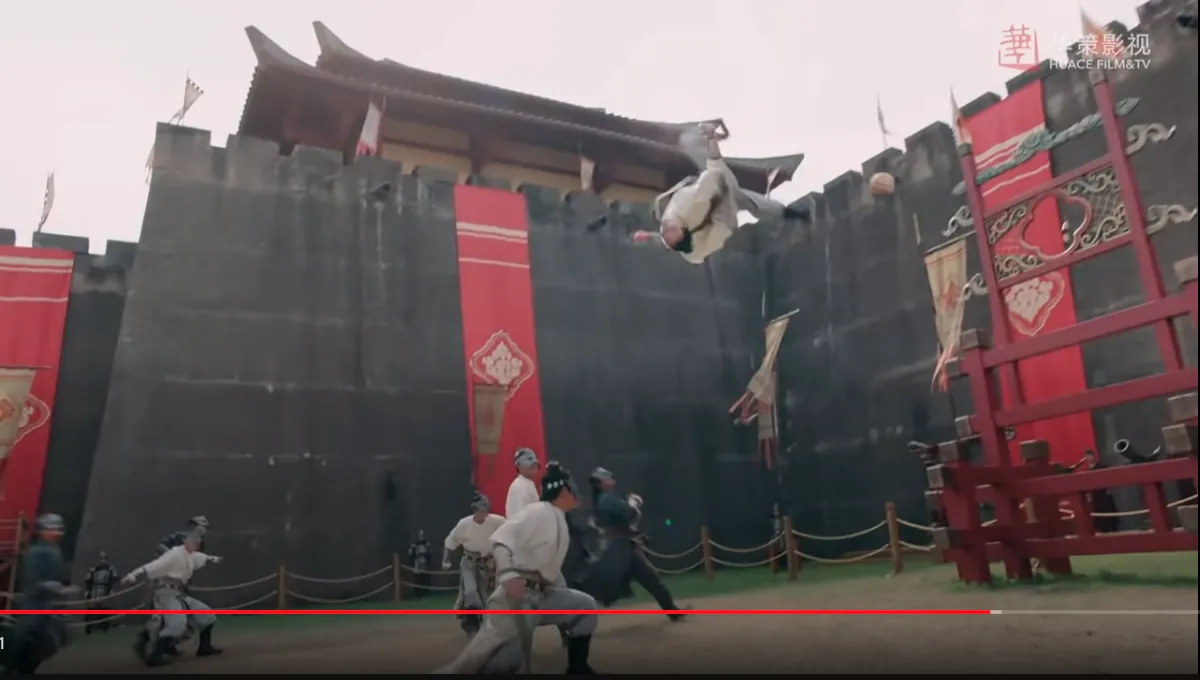
![what a thoughtful gift! i'm sure he won't use it to murder your father, the emperor next episode [Li Chang Ge, to Mentor]: You taught me martial arts and warcraft](/_astro/Pasted%20image%2020240420231555_1EtGWb.webp)
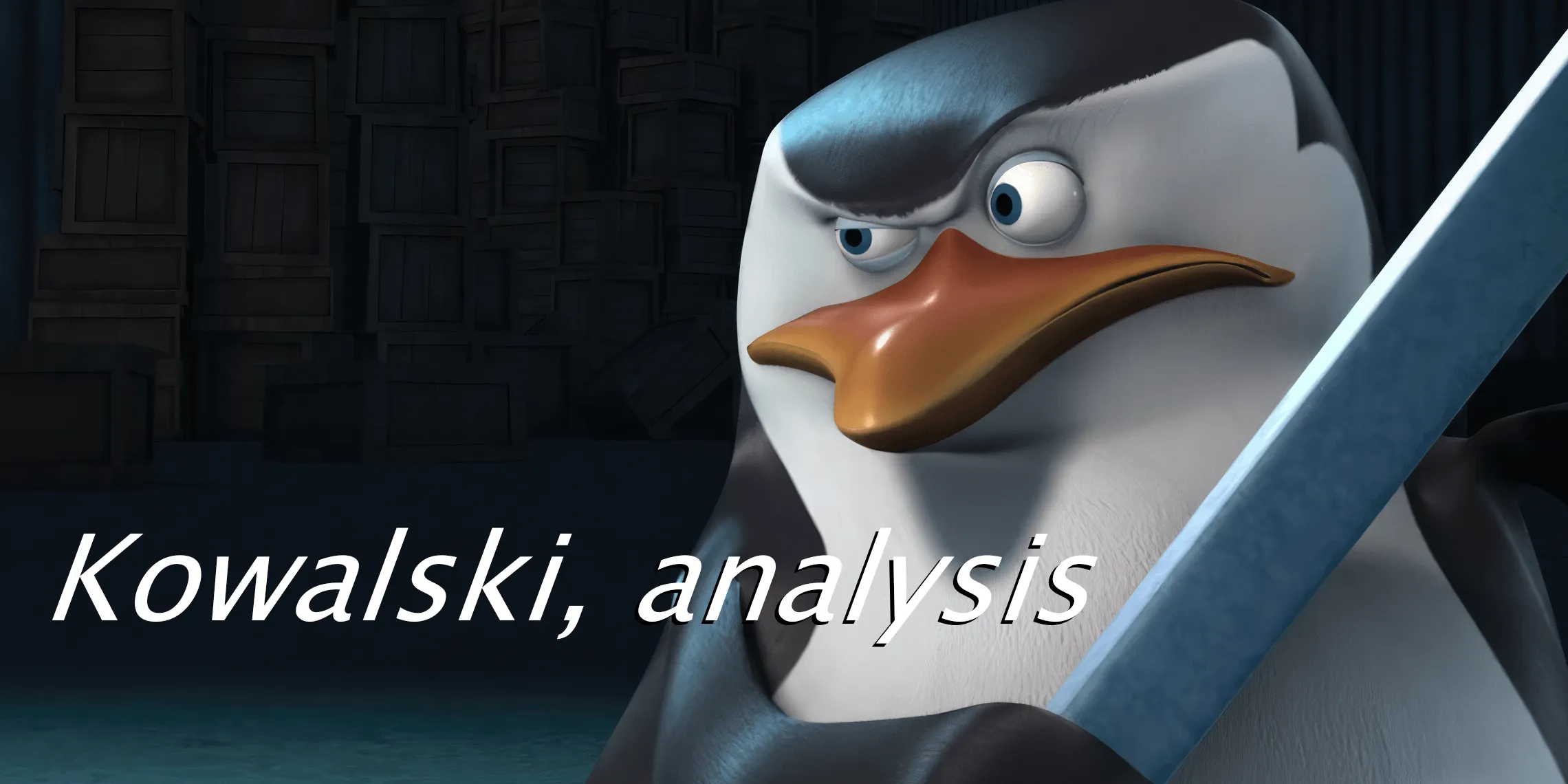
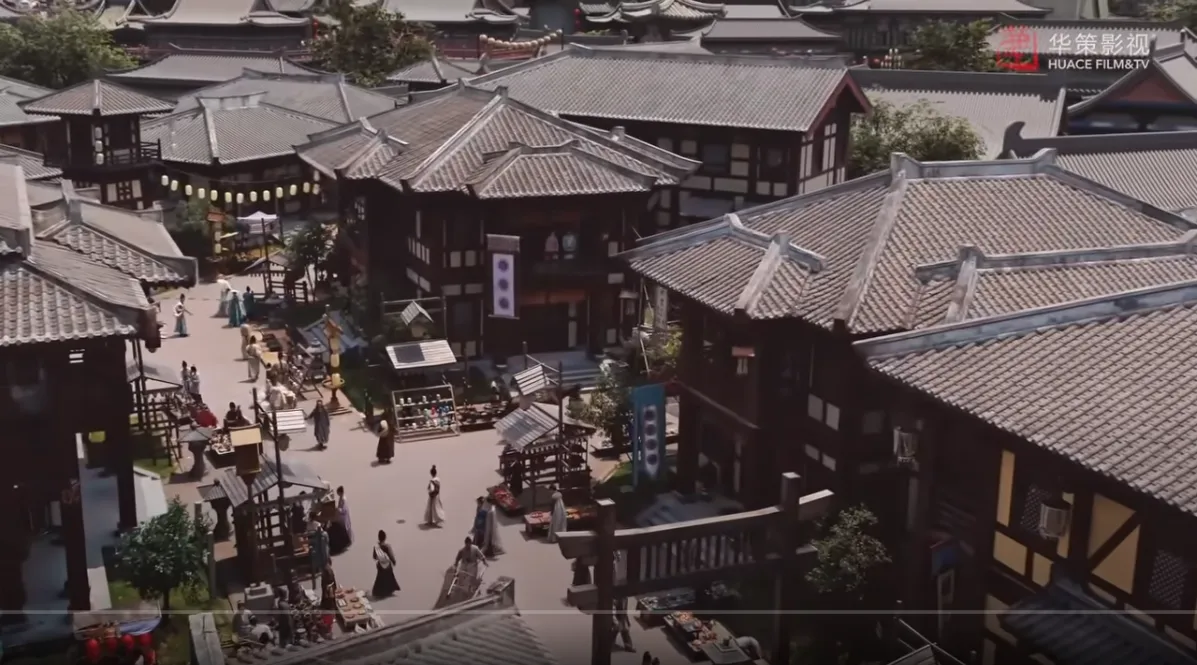
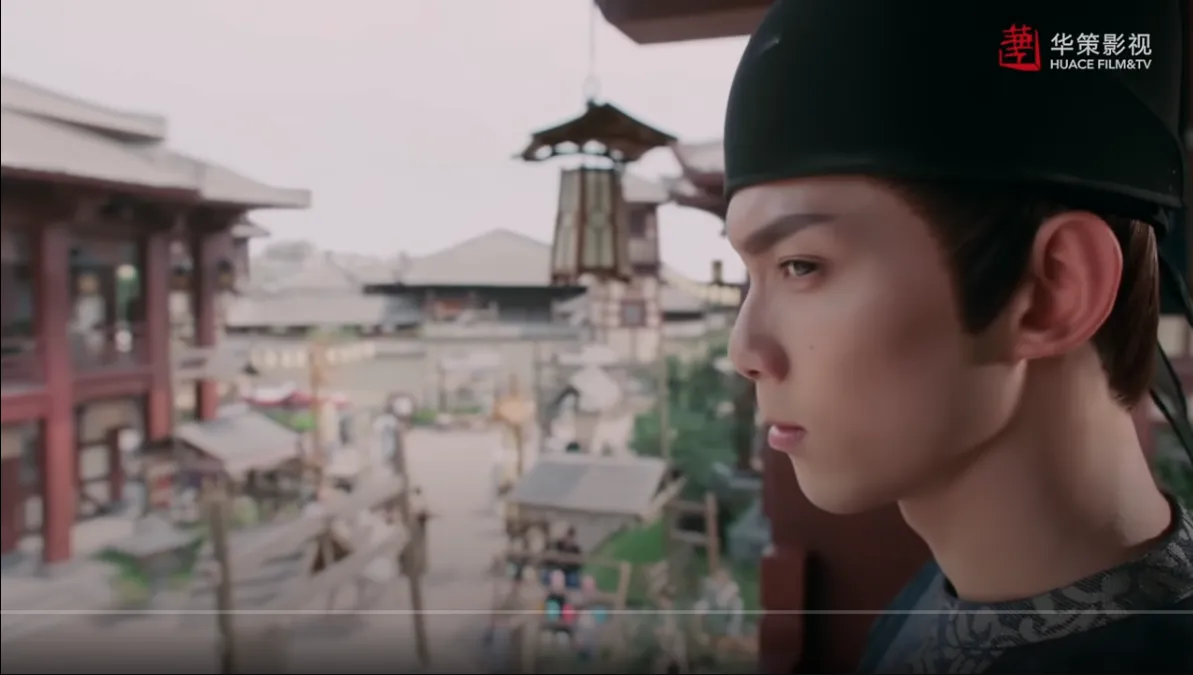
![nice hotel room. where's the bed tho?? [Attendant]: Changan is indeed a lively city](/_astro/Pasted%20image%2020240421163616_ZlzB4J.webp)
![very natural overlooking position [Dude]: What you see is not necessarily the truth.](/_astro/Pasted%20image%2020240421163745_197B4f.webp)
![brooding continues [Dude]: The prosperity for now may not last long.](/_astro/Pasted%20image%2020240421163839_1OgzlR.webp)
